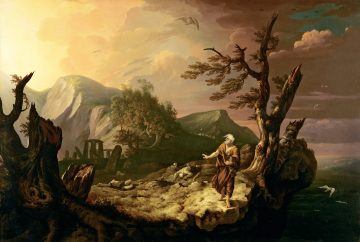Tim Parks in the New York Review of Books:

After I wrote about novels characterized by their focus on belonging—the concern with being in or out of a certain community, worthy or unworthy of its membership—a reader suggested I should have included Mark Twain in my list, mentioning The Adventures of Tom Sawyer and The Adventures of Huckleberry Finn. It’s true that Twain is wonderfully attuned to the communities he describes, their speech and customs. But what drives the plot of Huckleberry Finn is the desire for freedom, Huck’s desire, Jim’s desire. The suffocating shirt collar is rejected for the great outdoors. Liberty trumps belonging at every turn. Twain rubs this in with his account of the feud between the Grangerford and Shepherdson clans, two families obsessed by belonging and family identity to the exclusion of all other values. Huck’s instinct is to hightail it out of there.
But a free life is a precarious life, precarious as the river with its flotsam of corpses and criminals. A man striking for freedom might occasionally reflect he had been safer with his chains. Here is a source of inner conflict. Independent and free on their raft, Huck and Jim are entirely unprotected, from man or nature. At the end of the book, Huck realizes some accommodation must be made with community, for the security and opportunities it offers; but by that point, he has established an inner independence.
More here.
